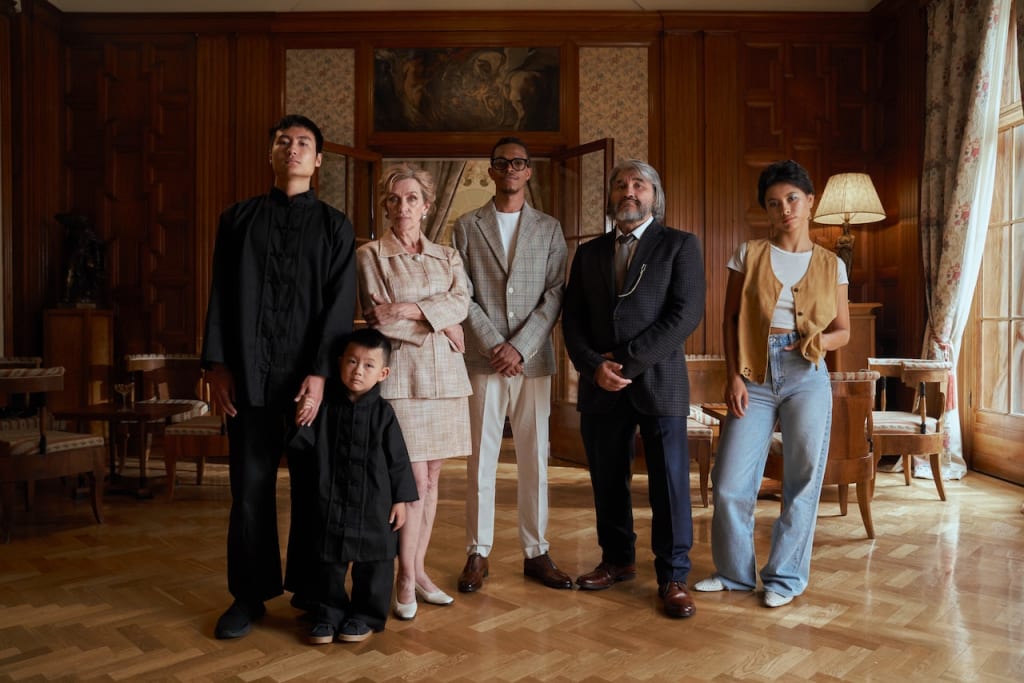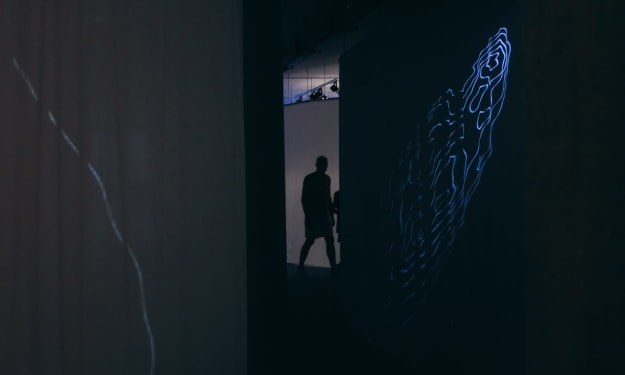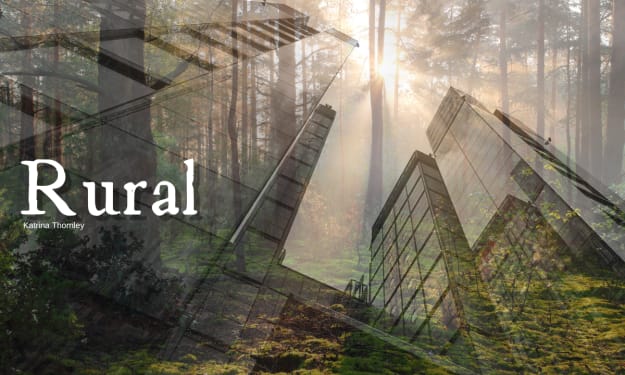The Smartest Age
Unveiling the Complexity of Intelligence

Tomorrow's annual Brain Clash event is approaching—a decathlon of mental challenges and competitions where teams of two test their wits. Amir is faced with the challenging task of selecting the smartest teammate from a pool of candidates. Gabriela, an 8-year-old with exceptional linguistic skills and creative thinking; Ama, a technologically adept individual with an impressive memory and culinary prowess; or Mr. Taylor, an experienced chess player and a seasoned Brain Clash champion. Determining the smartest choice requires a closer examination of intelligence across different categories and stages of life.
Intelligence is a multifaceted concept that extends beyond conventional measures like IQ tests. To comprehend intelligence more comprehensively, it is essential to explore diverse abilities such as creativity, memory, and learning, and analyze when the brain excels in each aspect.
The foundation of brain development begins in early childhood. During this period, the brain experiences rapid growth known as synaptogenesis, where over a million neural connections form every second. As the brain evolves, it undergoes a pruning process, reinforcing used connections and eliminating unused ones based on experience and environment. Frequently used pathways are myelinated, enhancing information transmission and refining brain efficiency.
However, different brain regions undergo remodeling at varying times, leading to the flourishing of different skills at different ages. For instance, language-learning regions develop rapidly in childhood, enabling children to master multiple languages. On the other hand, the prefrontal cortex, responsible for cognitive control and inhibition, matures more slowly. Consequently, young children may struggle with strategic games that demand concentration, planning, and abstract thinking. Nonetheless, children exhibit flexibility in their learning approach and tend to employ creative problem-solving techniques, often embracing trial-and-error.
Adults possess their own unique set of abilities. With a well-developed prefrontal cortex, they excel in skills requiring learning, focus, and memory, making them adept at puzzle solving and crossword puzzles. However, as adults age, the hippocampus, the brain's memory center, begins to shrink, potentially leading to a decline in these cognitive skills. Nevertheless, the accumulation of knowledge throughout a lifetime allows older adults to utilize their vast repertoire of information, making them ideal trivia partners.
Additionally, Amir must consider his own strengths as an adolescent. The prefrontal cortical regions of the teenage brain are more developed than in childhood, facilitating logical reasoning and mathematical problem-solving. Simultaneously, regions associated with motivation and reward develop rapidly, fueling curiosity and an appetite for adventurous learning.
The teenage years mark a dynamic stage in brain development, where choices and focused skill acquisition can shape the brain's trajectory. Teenagers possess a jack-of-all-trades nature, seeking new experiences and displaying rapid learning capabilities. Their brains are primed for exploration and adaptation.
So, what age can be deemed the smartest? The answer is multi-faceted. Intelligence manifests differently at various stages of life, with each age prioritizing different skills to meet the unique challenges and demands of that phase. Whether it's 8, 16, 25, 65, or any age in between, our brains have evolved to excel in different domains across our lifespan.
Considering the complexity of intelligence, Amir's best strategy would be to assemble a team with age diversity. Each member brings their own set of skills and experiences, contributing to a well-rounded collective intelligence. By leveraging the strengths of each teammate, Amir can navigate the varied mental challenges of the Brain Clash competition successfully.
Henrik Leandro
About the Creator
Henrik Leandro Laukholm Solli
Free thinker, traveler and humanist <3
Enjoyed the story? Support the Creator.
Subscribe for free to receive all their stories in your feed. You could also pledge your support or give them a one-off tip, letting them know you appreciate their work.






Comments
There are no comments for this story
Be the first to respond and start the conversation.